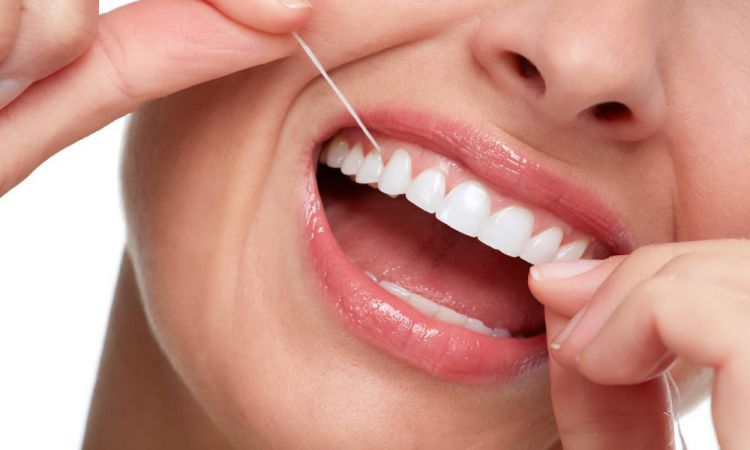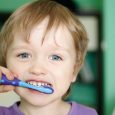 Unfortunately, approximately 3.5 million individuals worldwide suffer from oral diseases. And while there is a range of possible causes of oral health problems, poor hygiene is the main culprit.
Unfortunately, approximately 3.5 million individuals worldwide suffer from oral diseases. And while there is a range of possible causes of oral health problems, poor hygiene is the main culprit.
There is more to oral hygiene than brushing your teeth after each meal. You must be willing to invest your time and money in caring for your teeth and improving them.
If you are unsure if you are doing things right, here are tips to help you create the best oral hygiene routine.
Brush Twice Per Day
Oral health experts recommend brushing your teeth twice per day. Otherwise, you put your teeth at risk of plague and bacterial buildup, resulting in cavities and bad breath.
Each brushing session should be at least two minutes long. Your toothbrush should be soft-bristled to avoid hurting the gums. Most importantly, ensure your toothpaste has fluoride for teeth strengthening.
Pay attention to every aspect and corner of the mouth. The tongue especially tends to be overlooked. Brushing the tongue thoroughly improves your breath and eliminates the chances of bacterial buildup.
If you have a sensitive tongue or don’t love the feel of bristles against it, you can use a scraper.
Proper Retainers’ Care
There are limitless benefits of getting retainers. Retainers help to align and straighten your teeth, thus improving your smile and appearance. Even better, they are easy to take off and maintain.
Put as much effort in retainers’ care as with your teeth. Clean them every time you clean your time to prevent food and bacterial buildup.
Moreover, store the retainers in their case when clean and dry and, most importantly, go for regular checkups by the orthodontist to determine if it is time for a replacement.
Avoid Meals After Brushing
Eating immediately after brushing teeth is one of the commonly made mistakes. People fail to understand that eating less than 30 minutes after meals rubs off fluoride from teeth surfaces.
Fluoride is responsible for strengthening the enamel. So it would be best if you gave it enough time to do its intended job.
Furthermore, eating acidic foods like citrus fruits after brushing weakens and damages the enamel.
Flossing Is as Important as Brushing
Like earlier mentioned, brushing alone does not sum up your oral hygiene routine. Flossing plays an essential role in preventing bacterial buildup. This is where you get rid of food debris between teeth that you couldn’t easily remove by brushing.
Experts recommend flossing at least three times a week, using a soft flossing material to avoid discomfort. Hold the flossing strip on both ends, then pass it through the gums, gently pushing it up and down for thorough cleaning.
Replace Toothbrush Regularly for the Best Oral Hygiene Routine
Changing your toothbrush regularly is essential for your oral health. As it ages, the toothbrush bristles weaken and become a threat to your gums and enamel. Flat and sprayed bristles are too harsh on your mouth and could be the reason for gums bleeding each time you brush your teeth.
It would help if you change your toothbrush or swap the head of the electric brush after three months for efficiency and to protect your oral health.
Improve Your Oral Health With Proper Hygiene
The above tips will help you adopt the best oral hygiene routine. Consequently, you are at minimal risk of developing oral health issues, and you don’t have to spend more on issues that you would have avoided.
Keep reading our blogs for the more helpful content.




